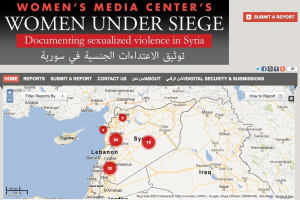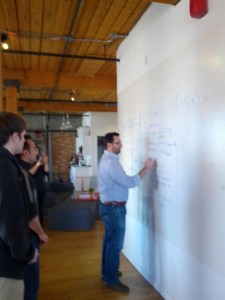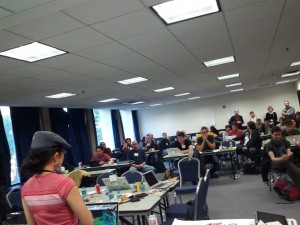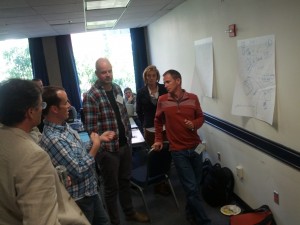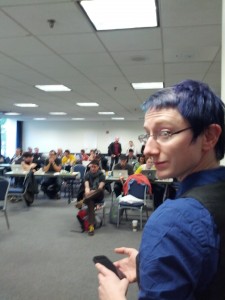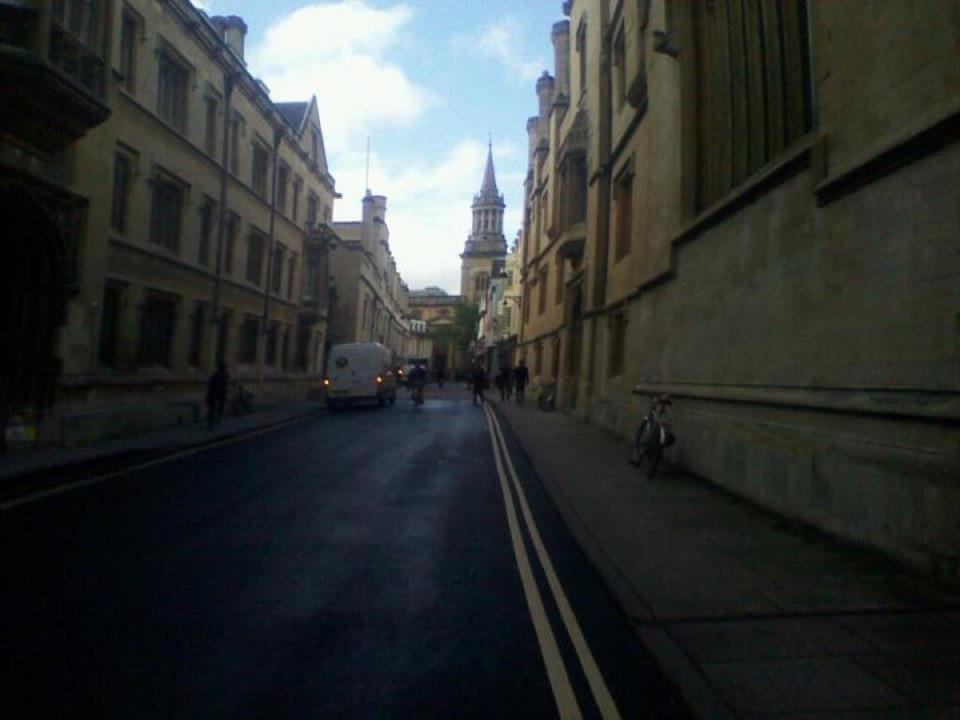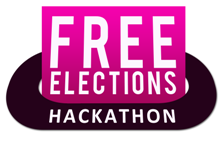I wanted to create an “atlas of inspiration.” Chung Wong, founder of Jump2Spot.
Jump2Spot is a hot Canadian geo start-up, founded by Chung Wong, with the mission to map stories from books, music, arts and beyond.
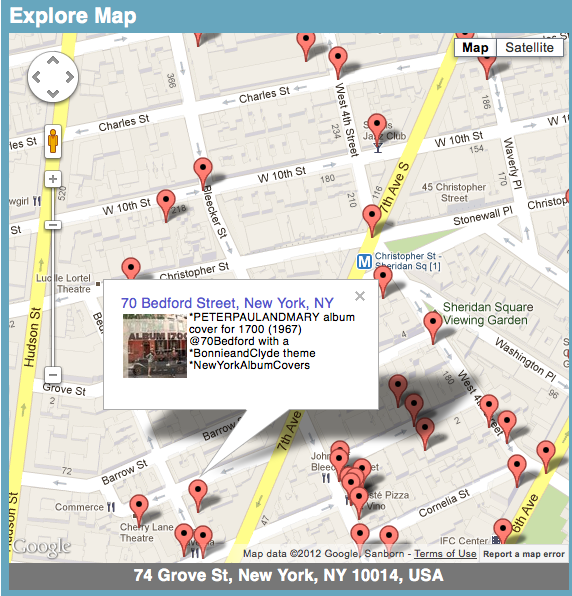
Some of the astounding Jump2Spot highlights:
- It is the world’s largest GPS atlas mapping stories
- It currently has more than 2 million words
- 35,800+ iconic stories are stitched together at 20,500 places
- It’s larger than the 1st digital encyclopedia
- It’s the 1st GPS app to geo-tag books including the Patti Smith’s Just Kids, Jack Kerouac’s On The Road, Neil Peart’s Ghost Rider, Steve Jobs by Walter Isaacson, Daniel Lanois’ Soul Mining & JD Salinger’s Catcher In The Rye. You’ll see when you cross a book scene with GPS.
Imagine being a super fan of a novelist, performer or artist. You are walking around a city using Jump2Spot to discover the finer details of the city beyond what a guidebook or specialty tour can provide. See how Jump2Spot Profiles can make a difference in this meander:
Profiles
- 16,670 notable profiles have been tagged where they made history
- Timelines of icons have been geo-tagged – Bob Dylan, Bruce Springsteen, Sylvia Plath, Picasso, Hemingway, Fitzgerald, Apple and more.
- Notable portfolios have been geo-tagged: Frank Lloyd Wright & Frank Gehry buildings, Berenice Abbott photos, Monet paintings, every notable Al Pacino or Robert DeNiro movie scene, New York album covers, the world’s most expensive photos and more
- Top YouTube videos have been geo-tagged in New York and notable music venues
- New Scenes – we have a lot of contemporary street artists, digital artists and musicians profiled…showcasing leading-edge creative work.
Download
Jump2Spot is available via web and ios at the moment. Future releases are planned for android.
Download from itunes
Jump2spot is Hiring
Are you looking for a new and exciting contract?
GEO-DESIGNER: For people on the go, make front-end less text-heavy & more visual so it is easier to see. I find when i show the app, i need to show the pictures (they can’t see the text).
GEO-SEARCH DEVELOPER: For people going to the same places, we need to add search stories by address or name so they have new content.
RANKING GEO-STORIES (DATA VISUALIZATION ARTIST): We need to make the most interesting stories accessible….ranked content, filtered by topic, new to the user. We have more than 2 million words and 35,000+ entries and it’s hard to find people who’ve worked with this much data.
If you are an investor, please contact Chung to discuss options.
(Disclosure: I am an adviser on this project.)

